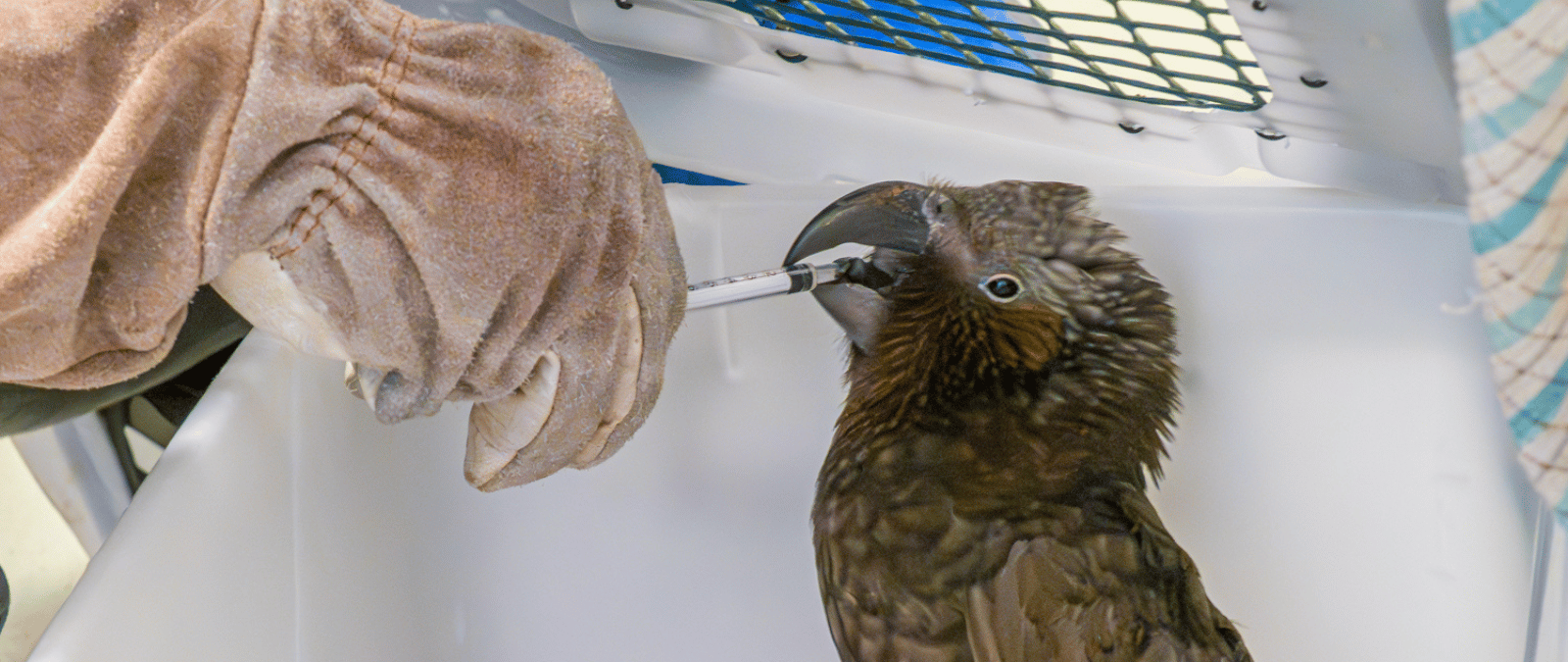West Auckland is home to a rich chorus of native birdlife, from the gentle flaps of the Kererū to the melodic calls of the Tūī. But while our backyards and bush reserves provide food and shelter, one hidden hazard is causing more harm than many realise: window strikes.
BirdCare Aotearoa is a dedicated wildlife rehabilitation centre that provides expert care for injured, sick, and orphaned wild birds from across Tāmaki Makaurau (Auckland). Their mission is to rescue, rehabilitate, and release birds back into the wild, while also educating communities on how to prevent injuries in the first place.
From native species like Kākā and Kōtare to vulnerable seabirds, their team works tirelessly year-round, but one recurring cause of admissions is preventable -collisions with windows.
Large, reflective windows can be invisible to birds. They either see sky and vegetation mirrored in the glass or think they can fly straight through to the other side. BirdCare Aotearoa’s admission data shows that larger manu (birds), such as Kererū, Kākā, Tūī, and Kōtare are especially at risk.
When these birds hit a window at full speed, they can suffer from severe concussion, internal injuries, or even death. And sadly, this is not a rare occurrence in our suburbs.
How You Can Help Prevent Window Collisions
One of the most effective ways to reduce strikes is to make windows more visible to birds. Anti-bird strike stickers can be a simple and attractive solution. These create patterns birds can see and avoid. Locally, the Matuku Link Wetland Eco-Sanctuary sells beautiful dragonfly-shaped stickers designed for this very purpose.
Other prevention tips include:
· Closing curtains or blinds when possible.
· Adding exterior screens or netting.
What to Do If You Find a Bird That Has Hit a Window
If you encounter a collision casualty:
· Keep pets away — cats and dogs can cause further harm.
· Monitor the bird closely — concussed birds may seem stunned, with delayed symptoms.
· Gently contain the bird — use a towel to catch it and place it in a ventilated box in a quiet, dark place.
· Avoid feeding or giving water — without expert advice, this could cause choking or hypothermia.
· Call for help — contact BirdCare Aotearoa or the DOC Hotline (0800 362 468) for rescue advice.
Be aware that a bird may suddenly fly off after an initial rest, only to show delayed effects later, so monitoring is essential.
Window strikes are preventable. With small, thoughtful changes to our homes and workplaces, we can protect West Auckland’s beautiful birdlife and reduce one of the leading causes of injury seen by BirdCare Aotearoa.
For more advice or to support their work, visit birdcareaotearoa.org.nz.
Photo Caption & Credit: Kākā receiving pain relief at BirdCare Aotearoa, photographed by Eva Cadario.

